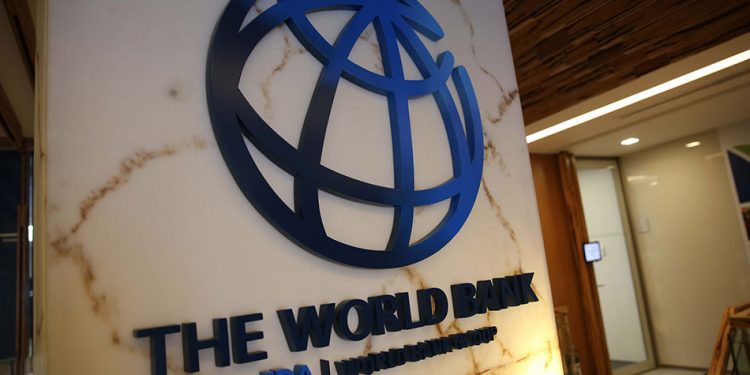The global economy is projected to grow by 1.7% in 2023 and 2.7% in 2024, according to the World Bank’s January 2023 Global Economic Prospects report.
The report said the sharp downturn in growth is expected to be widespread, with forecasts in 2023 revised down for 95% of advanced economies and nearly 70% of emerging market and developing economies.
Over the next two years, per-capita income growth in emerging market and developing economies is projected to average 2.8%—a full percentage point lower than the 2010-2019 average.
In Sub-Saharan Africa—which accounts for about 60% of the world’s extreme poor—growth in per capita income over 2023-24 is expected to average just 1.2%, a rate that could cause poverty rates to rise, not fall.
“The crisis facing development is intensifying as the global growth outlook deteriorates,” said World Bank Group President David Malpass.
“Emerging and developing countries are facing a multi-year period of slow growth driven by heavy debt burdens and weak investment as global capital is absorbed by advanced economies faced with extremely high government debt levels and rising interest rates. Weakness in growth and business investment will compound the already-devastating reversals in education, health, poverty, and infrastructure and the increasing demands from climate change.”
Growth in advanced economies is projected to slow from 2.5% in 2022 to 0.5% in 2023. Over the past two decades, slowdowns of this scale have foreshadowed a global recession.
In the United States, growth is forecast to fall to 0.5% in 2023—1.9 percentage points below previous forecasts and the weakest performance outside of official recessions since 1970.
In 2023, euro-area growth is expected at zero percent—a downward revision of 1.9 percentage points. In China, growth is projected at 4.3% in 2023—0.9 percentage point below previous forecasts.
Excluding China, growth in emerging market and developing economies is expected to decelerate from 3.8% in 2022 to 2.7% in 2023, reflecting significantly weaker external demand compounded by high inflation, currency depreciation, tighter financing conditions, and other domestic headwinds.
By the end of 2024, Gross Domestic Product (GDP) levels in emerging and developing economies will be roughly 6% below levels expected before the pandemic, the report added.
Although global inflation is expected to moderate, it will remain above pre-pandemic levels.
The report offers the first comprehensive assessment of the medium-term outlook for investment growth in emerging market and developing economies. Over the 2022-2024 period, gross investment in these economies is likely to grow by about 3.5% on average—less than half the rate that prevailed in the previous two decades.
The report lays out a menu of options for policy makers to accelerate investment growth.







